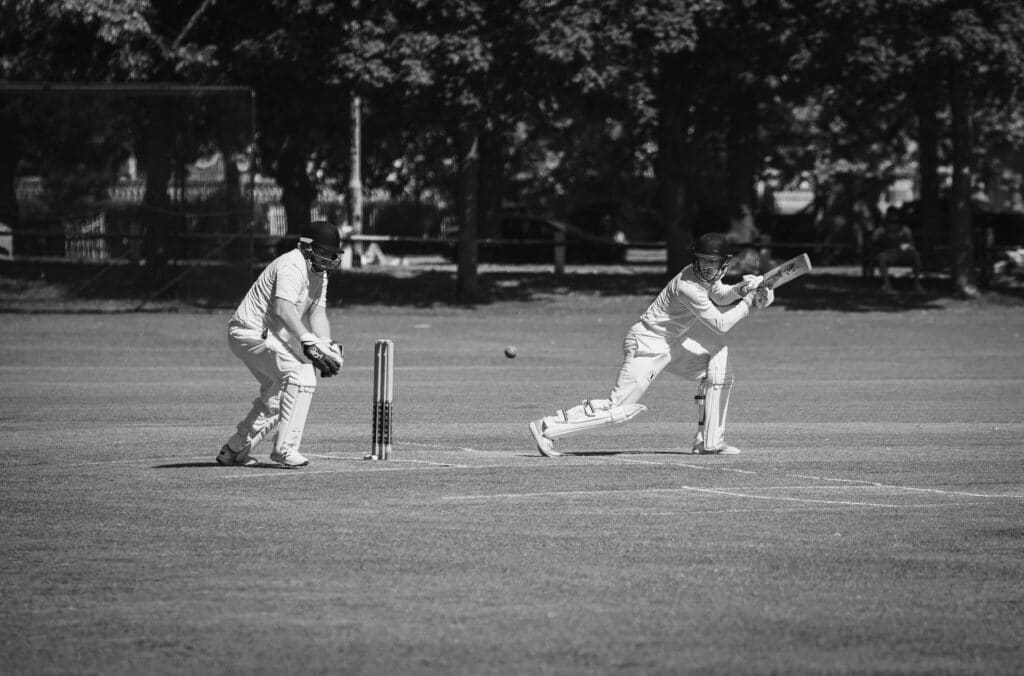Does strength training help with running?
What we’ll cover
Does strength training help with running?
Have you recently picked up running during isolation? Have you noticed a niggly knee or niggly hip? Are you looking to safely increase your running distances?
For many of us, our running has increased or even become a new form of exercise throughout COVID-19. It is a form of exercise that requires no equipment and practically can fit in to a busy schedule. Not only does running have numerous physical benefits, it has has been shown to positively influence your mental health.
However, whilst running is great for cardiovascular health, it doesn’t provide adequate strength and resistance. Not only is strength training important for our general health and fitness, it has been shown to actually assist and improve running. In this blog, our physiotherapist Vernon Mittal investigates whether strength training helps with running.
Why is strength training important in running?
Evidence backs up the notion that strength training is critical for improving running performance and reducing the risk of injury. In fact, it has been shown that incorporating strength training as part of your running program can actually increase your running speed.
Running economy (RE), in other words, how much energy the body needs to use to run at a certain pace has been shown to positively improve with strength training. This is because it improves lower limb neuromuscular coordination by co-activating muscles. As a result, it increases muscle stiffness meaning a reduction in ground reaction times (i.e. more spring in your step).
Interestingly, strength training has been shown to increase type-I (slow twitch) and type-II (fast twitch) fibres meaning your body requires less muscle activation to produce a force; i.e. your body saves energy! When your body saves energy and is not exerting much stress, the chances of injury reduce. When you run, your brain alters its recruitment of muscles in that it will call upon more fatigue-resistant muscle fibres, saving you energy and improving your RE!
In terms of how frequently you should strength train, vast scientific studies have had positive results in running performance when training is completed 2 – 3 times per week for at least six weeks.
Putting aside all the scientific jargon, strength training stiffens your muscles, improves your coordination and makes you a more efficient runner. It makes you more resilient.
What muscles are important for running?
Whilst many of us consider running to be a lower body exercise, efficient and effective running actually incorporates many muscle groups.
It goes without saying that a strong lower body is important for running. It is important to build strength, endurance and power in your lower body to allow you to propel you forwards throughout your run. These primary muscle groups include your gluteal muscles, calves and quadriceps.
When running, your core is crucial to support your spine. Your core and abdominal muscles support your spine. In addition, these muscle groups are critical to allow your lower and upper limb to work in sync. This results in your running being as efficient and as smooth as possible.
The upper limb and arms are often forgotten in many runner’s strength programs. Arm movement and arm drive is important part of running bio-mechanics. In fact, improving arm drive during running is actually a great way to improve running efficiency and increase speed.
What exercises are good for running?
It can be intimidating if you are not sure where to start with a strength program. Depending on your running goals, strength training can be performed using equipment or even your body weight.
Great exercises to include in your running strength program include:
- Squats
- Lunges
- Calf raises
- Push ups or bench press
- Dumbbell row
- Single-leg deadlift/arabesque
- Step ups
- Back extension exercises
How can physiotherapy help my running?
Physiotherapists are well placed to assess where to start with your strengthening program. By performing a thorough assessment, your physiotherapist is able to identify any specific muscle imbalances or weaknesses that may increase your likelihood of injury.
Our team at Malvern East Physiotherapy have a range of services to injury proof your running. This includes our thorough running assessment and our specific strength training program for runners.
If you are unsure where to start with building a strength program for your running, contact our team today or book online


